The luxury retail industry has emerged from the pandemic crisis stronger and more dynamic than ever and the Middle East is set to be a key growth driver for the sector going forward. This is largely driven by a young and aspiring middle-class population, with close to 75% of the demographics falling within the working age group. According to the Savills Global Luxury Retail report, despite a bounce in new store activity in the Middle East in 2021, its global share stands at only 3%, highlighting the under-tapped potential of the region.
Along with traditional luxury retail hubs such as Dubai in the UAE and Doha in Qatar, which have seen a steady influx of luxury brands, there is an increasing appetite by brands to explore other markets such as Saudi Arabia. In 2021, there was increased activity in Saudi Arabia where historically Dubai was the focus for new store openings. The Kingdom’s luxury market continues to grow rapidly with forecasts suggesting luxury sales could reach USD 22.2 bn by 2024, reflecting an average annual growth rate of 7.2% between 2019 to 2024.
Saudi Arabia is on top of the agenda for many brands. Traditionally, Saudi nationals have been a key driver of luxury retail demand in the region. As per a recent study, on average, nearly 50% of Saudi nationals spend on luxury goods while travelling abroad. With the recent opening up of the Saudi economy and significant diversification into sectors such as travel and tourism, the emergence and availability of luxury retail is only bound to increase in the Kingdom over the next few years. This growth will coincide with the launch of various luxury hotels such as St. Regis, EDITION, Fairmont, Raffles, Intercontinental, Grand Hyatt and Jumeirah and iconic lifestyle designations such as Amaala and The Red Sea Project, among others. The maturing market will further invite significantly more consumption of luxury goods within the Kingdom.
Qatar is another luxury market we have seen a large influx of brands recently. The opening of the luxury mall Place Vendome saw the majority of luxury houses set up shop, including the likes of Gucci, Prada, Dior, Valentino, Fendi, Bottega Veneta, and Loro Piana, among others.
Dubai has been and will continue to remain a key hub for luxury retail in the region. The city offers a mature retail infrastructure and has seen a significant rebound in tourism activity, especially because of its positive handling of the pandemic. The city continues to rank high on lifestyle offerings and has the first-mover advantage in attracting luxury travellers and high-net-worth individuals.
According to the latest Henley Global Citizens Report, the UAE is projected to attract 4,000 HNWIs in 2022, up dramatically from the net inflow in 2019 of 1,300, making it the most popular location for ultra-wealthy residents to relocate. This is also reflected in its luxury retail offerings as Dubai continues to be the first place of entry for brands that are expanding to the region. For example, Delvaux, a Belgian luxury house has recently opened in The Dubai Mall, marking their first step into the Middle East market.
The successful hosting of the Expo 2020 that received over 24 million visitors from 178 countries during its short 6-month run, a successful vaccination drive, proactive and pro-business policies, and a host of residency visa options are set to further drive investments and growth of luxury retail in Dubai.
Overall, we are seeing strong appetite from luxury brands to open stores in the GCC region. Brands such as Fabio Caviglia, an Italian luxury fashion house whom we currently represent, has recently locked in on their first location in Bahrain and has expansion plans to open stores across the UAE, Saudi Arabia and Qatar.
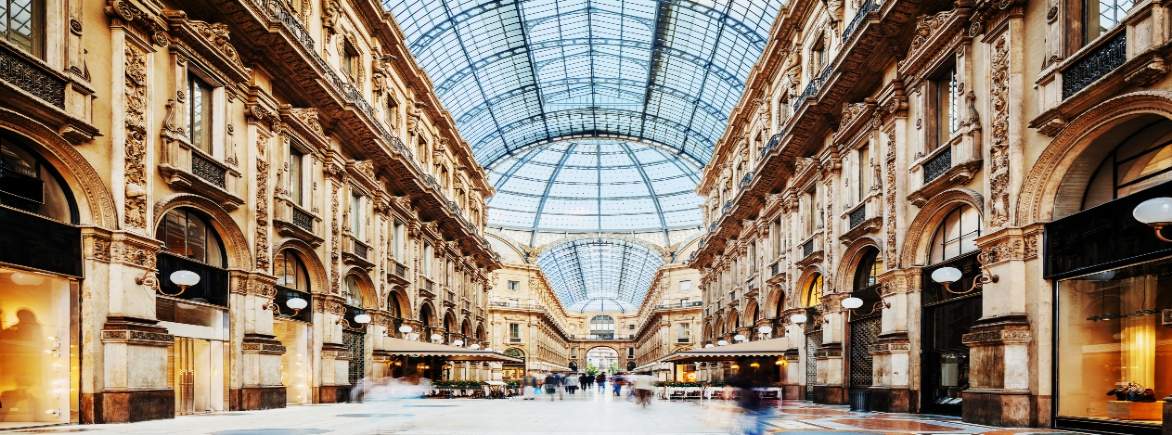
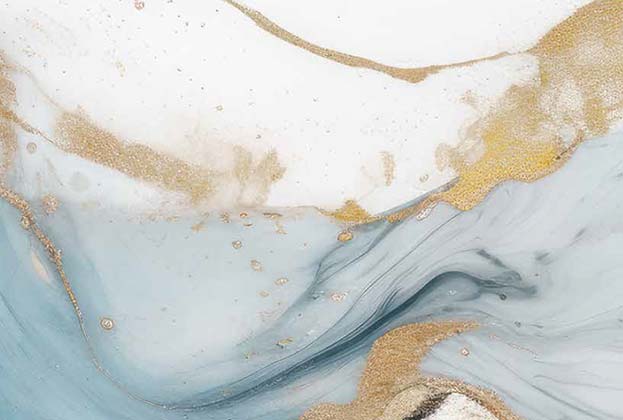
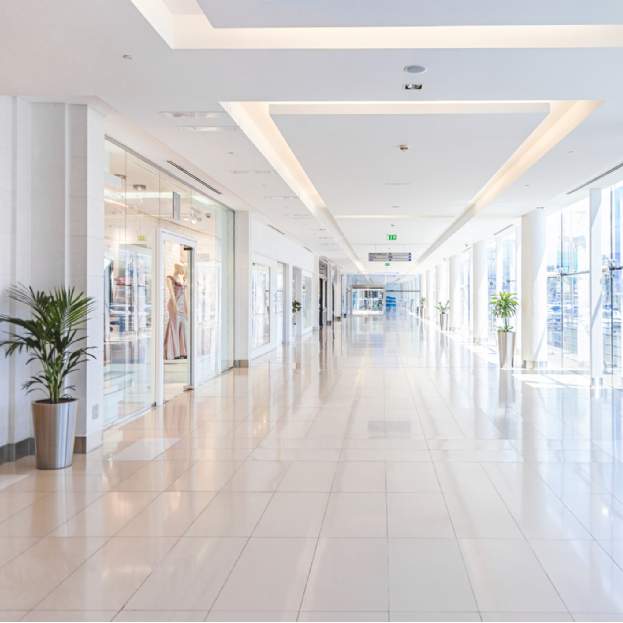
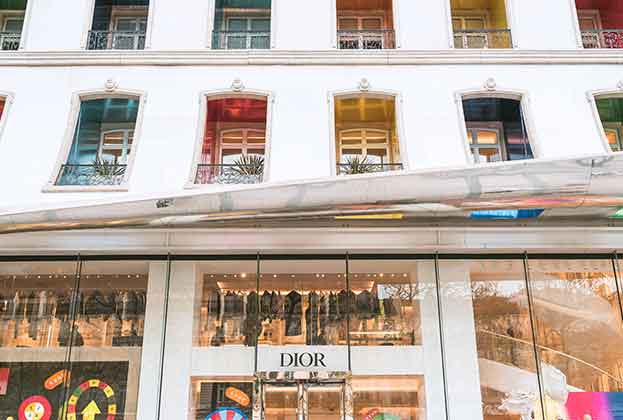
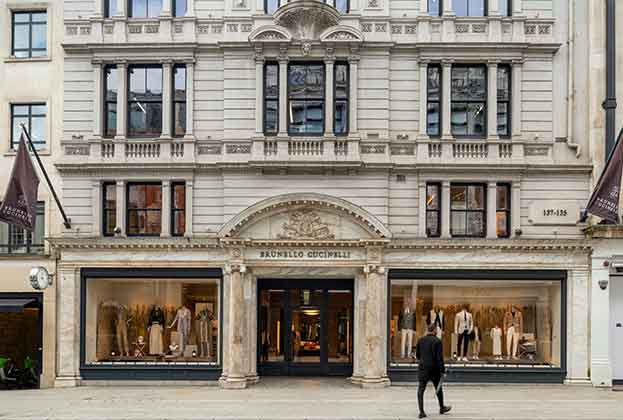
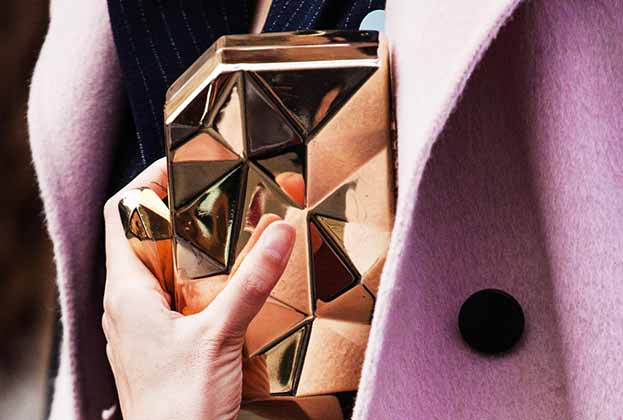
.jpg)
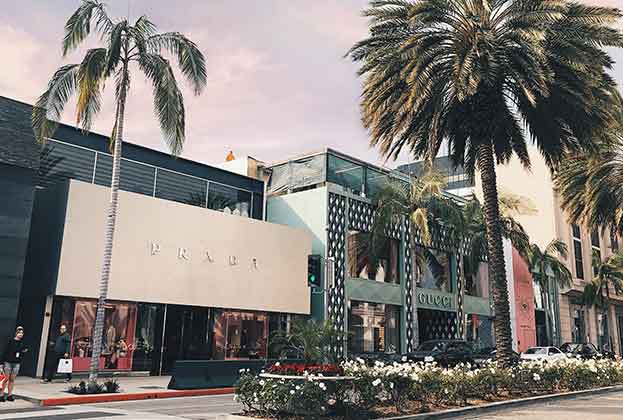
.jpg)
.jpg)